9 Strategies to a Healthier Blood Pressure
Category: Healthy Nutrition
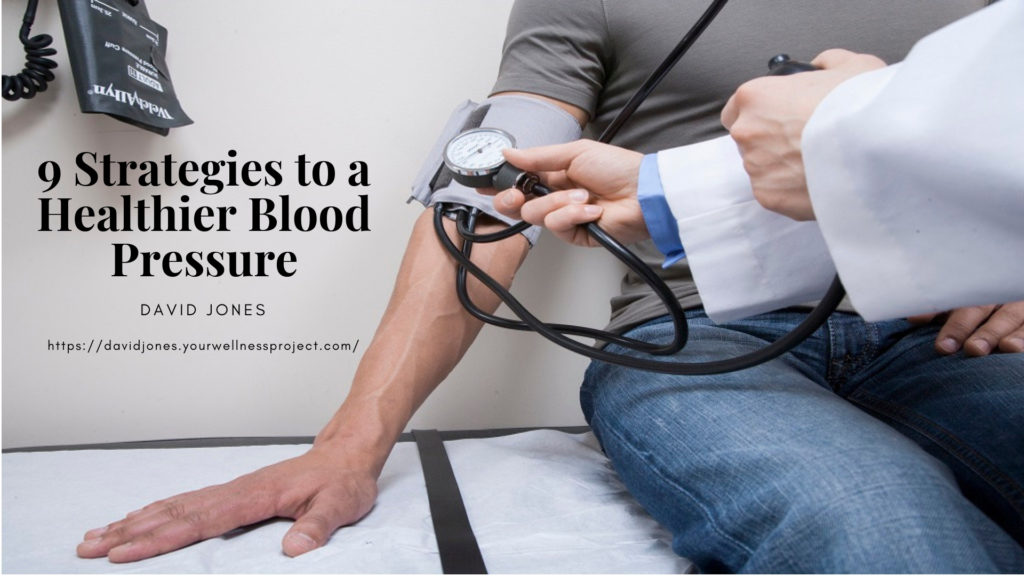
[UPDATE: My average blood pressure for the month of August was 115/64. In addition to keeping data on a spread sheet I also keep it on the Samsung health app. It automatically averages the data, cool huh? I also built a pond and waterfall this summer. Sitting there definitely lowers my BP. Read on for what I do to keep the BP low.]
What is my blood pressure? Is that good?
It was that time again. Time for the annual physical. Time to poke, prod, and draw blood. My blood work is quite good (a story for another blog). But when the doctor took my blood pressure it was 139/85. Hmmm the doctor says. Is it always this high? No, at home it is about normal 120/80, I reply. So, the doctor suggests that I keep track of my blood pressure for a week and email the results to him. Happily, at home my BP is good. The 8-day average was 117/66.
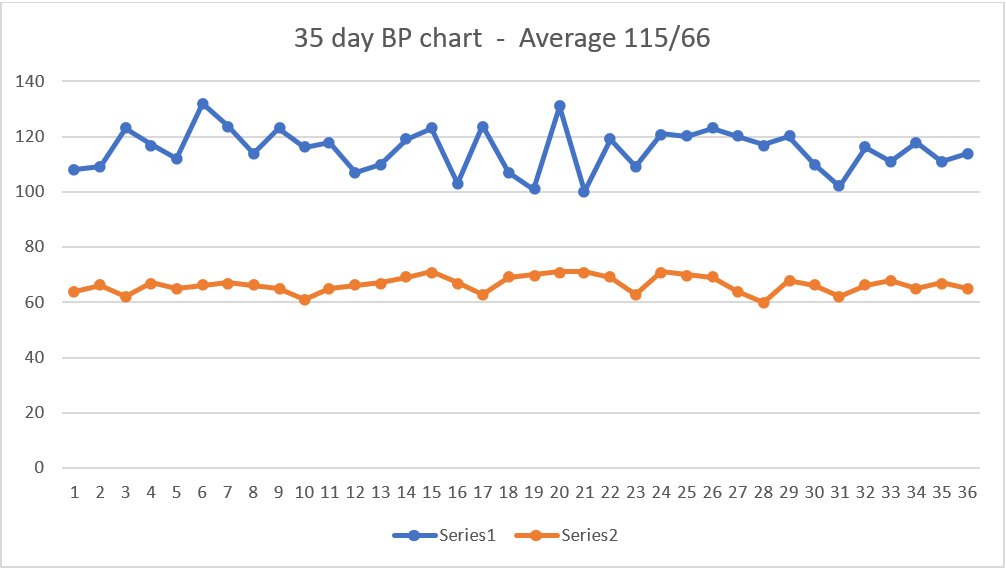
This prompted me to a personal challenge. I decided to take my BP every morning and record it on a spread sheet. I discovered that my 30-day average is 115/66. Maintaining blood pressure will keep me away from unpleasant side effects.
Uncontrolled high blood pressure will lead to complications such as:
- Heart attack or stroke.
- Aneurysm.
- Heart Failure.
- Weakened and narrowed blood vessels in your kidneys.
- Thickened, narrowed or torn vessels in the eyes that might lead to blindness.
- Metabolic syndrome. It leads to obesity and uncontrolled cholesterol level.
- Trouble with memory or understanding.
- Dementia. Clogged arteries will limit blood flow to the brain (vascular dementia). (Mayo Clinic)

There are several things we can do to control blood pressure. Lose weight, exercise regularly, eat a healthy diet, reduce the sodium in your diet, limit alcohol, quit smoking, limit caffeine, reduce stress, monitor your blood pressure at home, get support (Mayo Clinic)
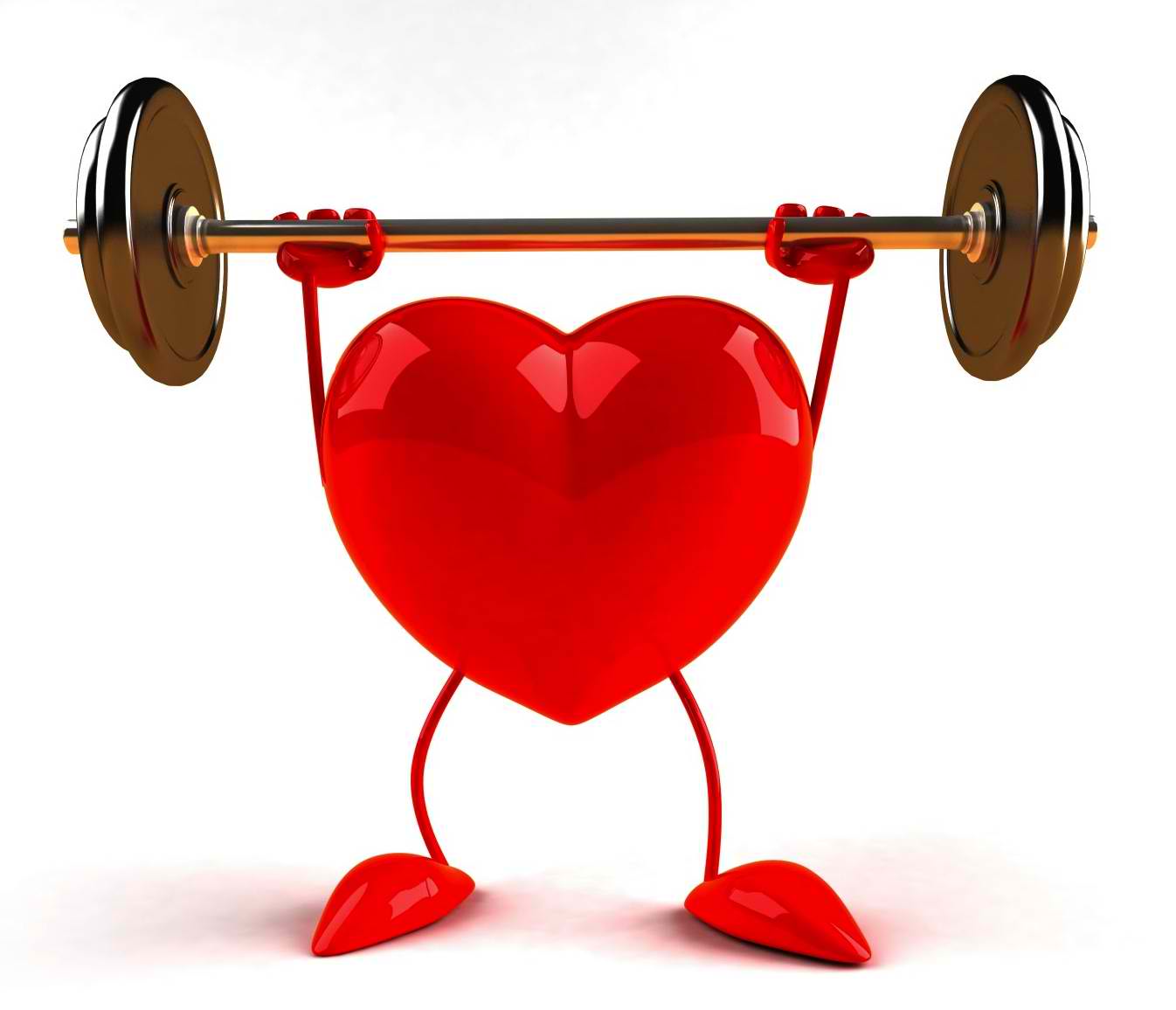 What are some of the things I do to keep my BP under control?
What are some of the things I do to keep my BP under control?
As I pondered the Mayo Clinic list I realized that I have been doing these things already.
- I have watched my weight for many years. Eating a smoothie shake for breakfast, and carefully controlling what I eat till 6 pm.
- I do high intensity interval training three times a week for aerobics. I do bodyweight conditioning exercises three days a week. Pushups, squats, crunches, pullups. I have done this for many years.
- I eat a healthy diet and take supplements from a quality manufacturer.
- I have never added salt to my diet. Something my parents instilled in me.
- I have never drunk alcohol or smoked.
- I limit my caffeine.
- I practice Qigong and prayer to manage stress.
- I recently started monitoring my blood pressure at home.
- To the list I would like to add supplements. A naturally sourced nitrate supplement is helpful. Also, an “Organic Greens Booster” supplement is an excellent way to add extra nitrates to our diet.
This seems like it is common sense, it is, but common sense is not always common practice.
What is the ideal blood pressure?
I always heard that 120/80 was ideal, but, apparently that is changing. According to Freitag and Vasser, A recent meta-analysis confirmed that a blood pressure of 115/75 mmHg is associated with minimal vascular mortality and likely constitutes optimal blood pressure.
Resources:
- I am taking Shaklee’s “Blood Pressure” supplement. Key ingredients have been shown in laboratory studies to help promote healthy blood vessels and blood flow. This is a natural source of dietary nitrates.
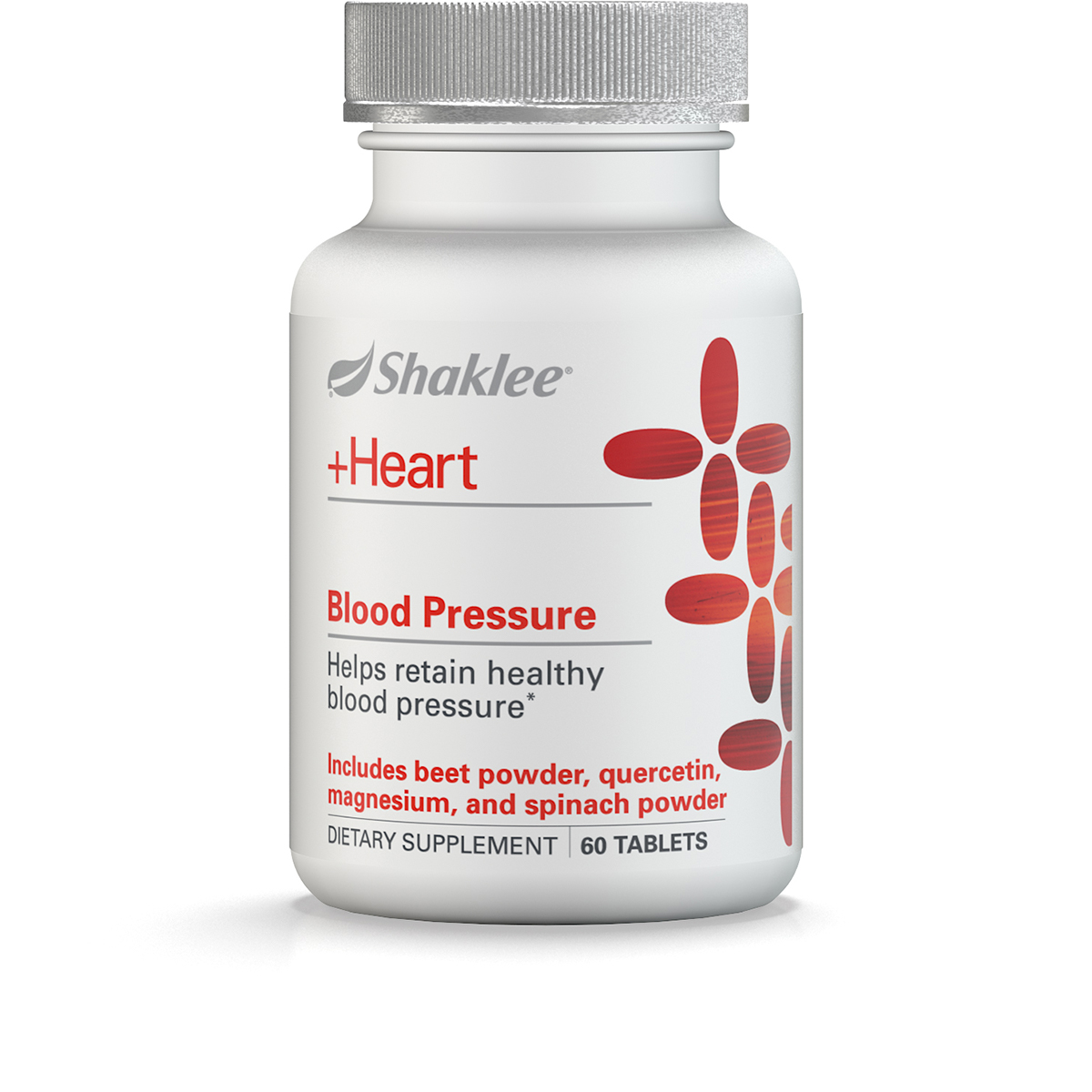
Indeed, Lidder and Webb in their study mention several potential benefits from supplementation with natural nitric acid (found in Shaklee’s blood Pressure supplement).
“The vascular effects of dietary nitrates” British Journal of Clinical Pharmacology. August 2012
They postulate that dietary nitrates may have many benefits. They may help maintain a good blood pressure, inhibit platelet adhesion, enhance endothelial function (walls of arteries), may reduce arterial stiffness, and reduce oxygen consumption during exercise. In addition, adding other nutrients like vitamin c, beetroot powder and spinach powder may enhance the effectiveness of dietary nitrites. I personally feel better while exercising when I take Shaklee’s “Blood Pressure”.
- I also take Shaklee’s “Organic Greens Booster”. This is a whole food supplement providing one cup of raw, organic, nutrient-rich green vegetables in every scoop, making it easy to get the vegetables often missed in meals. Contains dehydrated kale, spinach and broccoli in their purest form with all the fiber intact. These greens are also an excellent source of dietary nitrates.
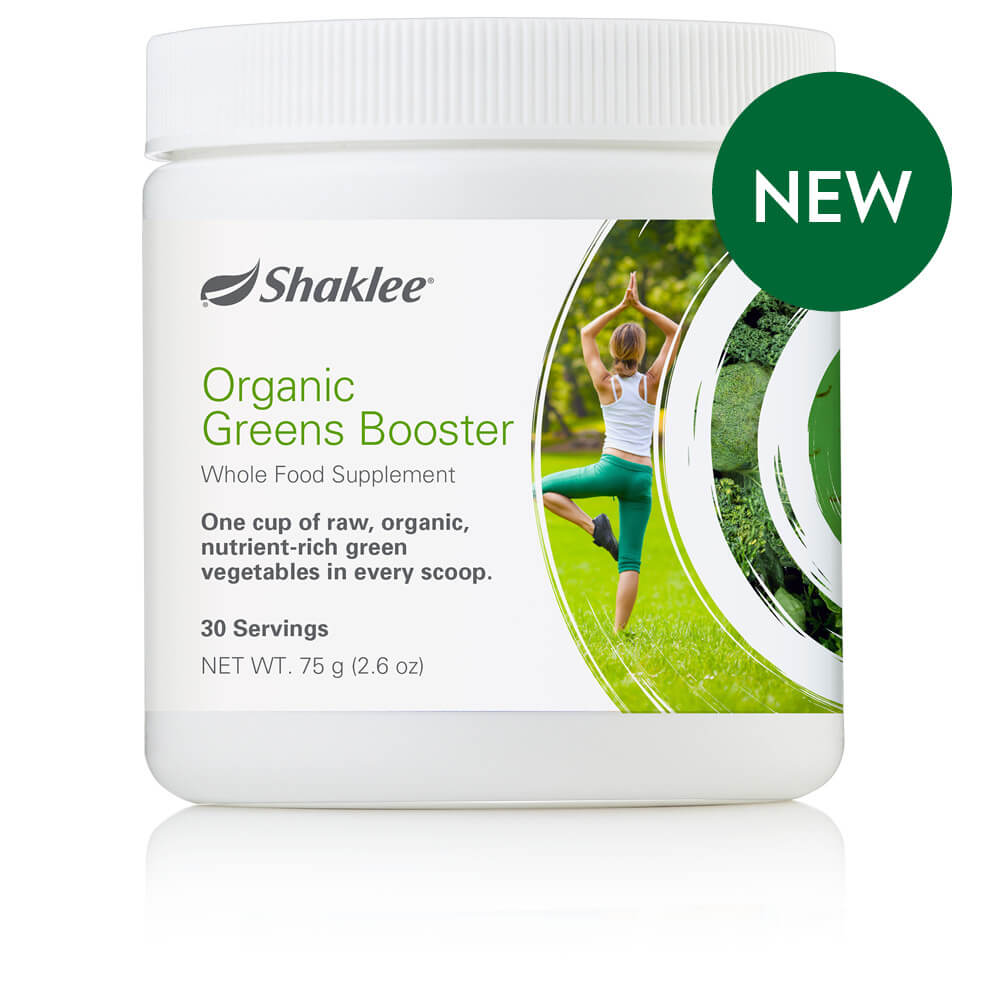
CONCLUSION: Don’t mess around with your blood pressure. They call it the silent killer because most people do not know there is a problem until it is too late. Check your blood pressure on a regular basis (it does not need to be daily like what I am doing – you can check weekly or monthly), consult your health care professional and take sensible steps to a healthy blood pressure.
Yours for Health, Hope, Fitness and freedom
David Jones



Facebook Comments